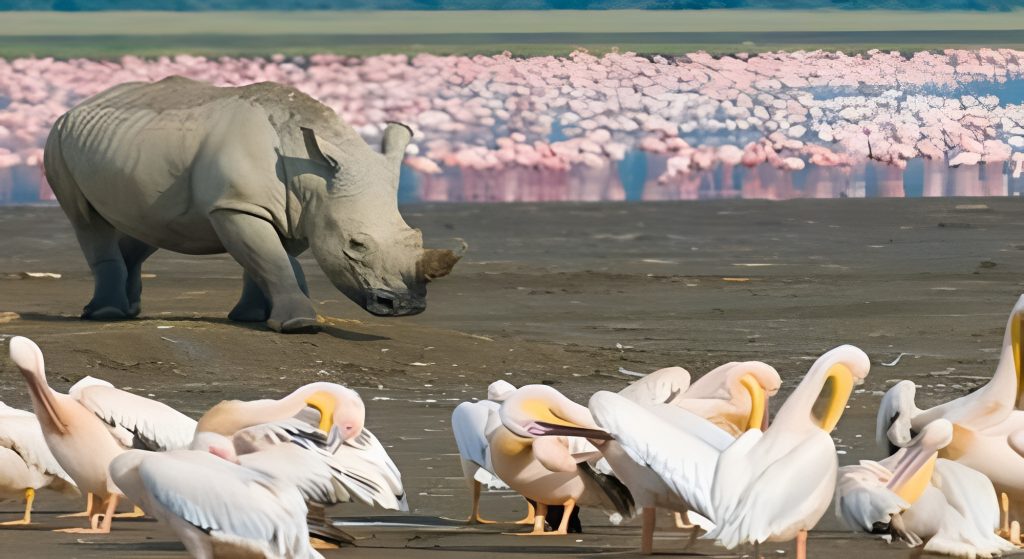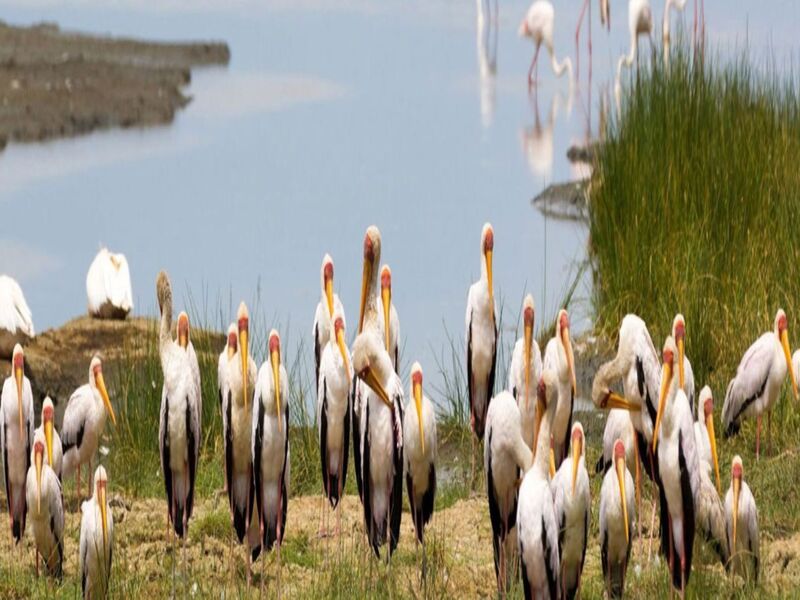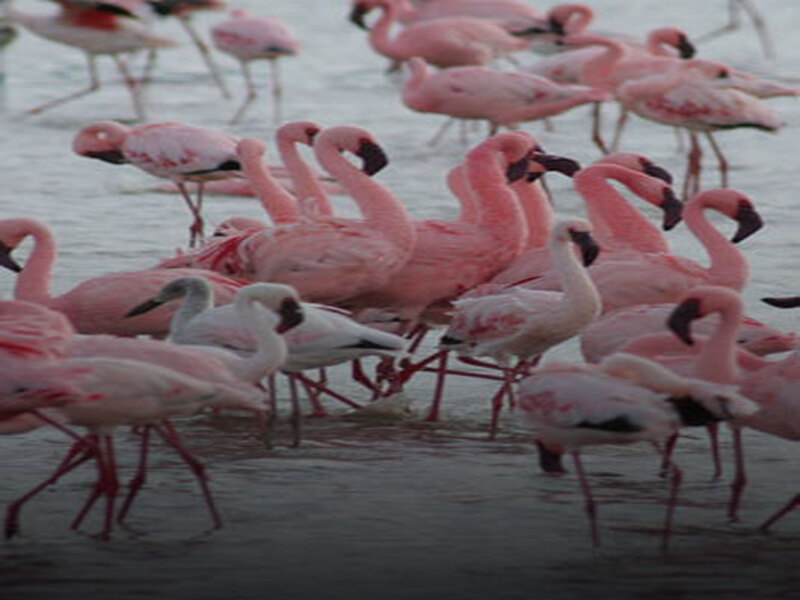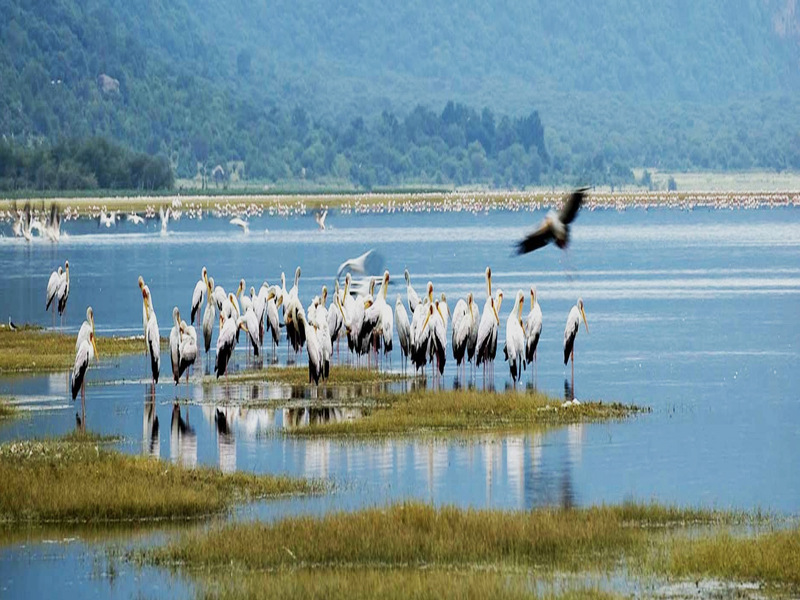

Snuggled within the breathtaking landscapes of Tanzania lies a hidden gem for bird enthusiasts – Arusha National Park. Renowned for its rich avian diversity, this park offers a captivating birdwatching experience like no other. Your safari in Tanzania would be incomplete without a trip to Arusha National Park.
Let’s take a closer look at the avian wonders of Arusha National Park, from diverse bird species to migratory patterns and conservation efforts dedicated to preserving this avian paradise.
Avian Diversity in Arusha National Park:
Arusha National Park is home to an impressive array of bird species, thanks to its varied habitats ranging from montane forests and grasslands to wetlands and lakeshores. Birdwatchers can expect to encounter a diverse mix of resident species, migratory birds, and endemic treasures, making each birdwatching excursion a rewarding experience.

Key Bird Species Found in Arusha National Park:
Flamingos: The park's alkaline lakes, notably Lake Momella, attract flocks of flamingos, creating stunning pink-hued spectacles against the backdrop of the park's scenic beauty.
Waterfowl: Wetlands and lakeshores host a variety of waterfowl species such as ducks, geese, herons, and egrets, providing ample opportunities for observing these aquatic birds in their natural habitats.
Raptors: Arusha National Park is also a haven for raptors, including eagles, hawks, owls, and falcons, showcasing impressive aerial displays and hunting prowess.
Songbirds: From colorful sunbirds and weavers to melodious thrushes and warblers, the park's woodlands and gardens are teeming with songbirds, adding musical charm to birdwatching excursions.
Endemics: Keep an eye out for endemic species like the Hartlaub's Turaco and the Usambara Double-collared Sunbird, showcasing the park's unique biodiversity and conservation significance.

Birdwatching Opportunities and Best Practices:
Guided Birdwatching Tours: Joining guided birdwatching tours with experienced guides enhances your chances of spotting elusive species and learning about their behaviors and habitats.
Early Morning Excursions: Early mornings are ideal for birdwatching as birds are most active during this time, offering optimal viewing and photography opportunities.
Patience and Observation: Patience is key in birdwatching. Spend time observing bird behavior, calls, and movements to identify species and appreciate their natural behaviors.
Respect Wildlife and Habitat: Practice responsible birdwatching by respecting wildlife and their habitats, avoiding disturbances or interference that may disrupt natural behaviors.

Migratory Patterns and Conservation Efforts:
Arusha National Park serves as a crucial stopover and wintering ground for migratory birds, highlighting its global importance for avian conservation. Conservation efforts within the park focus on habitat preservation, anti-poaching measures, and community engagement to safeguard the diverse birdlife and their ecosystems.
For bird enthusiasts and nature lovers, Arusha National Park in Tanzania is a birdwatcher's paradise waiting to be explored. Its diverse avian species, scenic landscapes, and conservation initiatives make it a must-visit destination for those seeking unforgettable birdwatching experiences amidst Africa's stunning wilderness. Plan your birdwatching safari in Tanzania’s Arusha National Park and immerse yourself in the captivating world of avian diversity and conservation.
For more information about our citation please visit our citation links:- provenexpert.com, brownbook.net, travelful.net, businesssoftwarehelp.com, mylifegb.com, about.me
For more Information please stay with our social media like:-Facebook.com, Twitter.com, Business.google.com, Pinterest.com, Instagram.com
